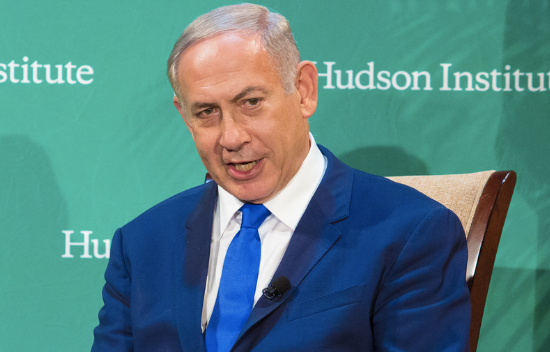Gregg Carlstrom
Unherd, Nov. 25, 2023
“The centrist members of Netanyahu’s war cabinet wanted to continue negotiating a smaller deal. So did David Barnea, the Mossad director, who represented Israel at the talks in Qatar. On the other side were Yoav Gallant, the defence minister, and the heads of the army and the Shin Bet security service. They wanted to keep fighting and argued that progress in the military campaign would help their position at the negotiating table.”
For dozens of families in Israel, this weekend will bring joy; for scores of others, it will be bittersweet. Binyamin Netanyahu, meanwhile, will have his own swirl of emotions. The Israeli prime minister will want to take credit for reuniting 50 hostages with their families — but not too much, because the deal is unpopular with some of his Right-wing voters. Joyous scenes of Israelis returning home will be laced with stories of the trauma they have endured, a reminder of the colossal security failure over which Netanyahu presided last month.
Two things have been constant throughout Netanyahu’s long stint in power. He is notoriously indecisive, especially when it comes to military and security matters, and he is obsessed with his political survival. Those characteristics coloured his approach to hostage diplomacy, and to the broader war in Gaza. He is presiding over perhaps the most fateful moment in Israel’s history in half a century, an unprecedented situation that calls for clear, decisive thinking. And he is doing so at a time when he is historically unpopular (and under criminal indictment, to boot).
The agreement between Israel and Hamas began on Friday morning with a truce that will last for four days. Each afternoon, Hamas will release around a dozen hostages; for each one, Israel will release three Palestinians from its jails. After the initial four-day agreement, Hamas has the option to release additional captives. Each 10 that it frees will secure another 24 hours of quiet. It could prolong the lull by days or even weeks if it was so inclined.
… [To read the full article, click here]


